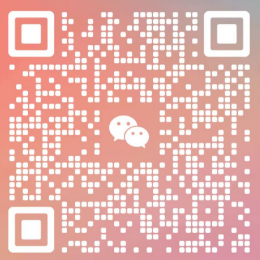Bunong People
The Bunong (alternatively Phnong, Punong, or Pnong) are an indigenous Cambodian ethnic minority group. They are found primarily in Mondulkiri province in Cambodia. The Bunong is the largest indigenous highland ethnic group in Cambodia. They have their own language called Bunong, which belongs to Bahnaric branch of Austroasiatic languages. The majority of Bunong people are animists, but a minority of them follows Christianity (Evangelical Protestantism or Roman Catholicism) and Theravada Buddhism. After Cambodia’s independence in 1953, Prince Sihanouk created a novel terminology, referring to the country’s highland inhabitants, including the Bunong, as Khmer Loeu (“upland Khmer”). Under the People’s Republic of Kampuchea (1979-89), the generic term ជនជាតិភាគតិច (chuncheat pheaktech) “ethnic minorities” came to be in use and the Bunong became referred to as ជនជាតិព្នង (chuncheat pnong) meaning “ethnic Pnong”. Today, the generic term that many Bunong use to refer to themselves is ជនជាតិដើមភាគតិច (chuncheat daem pheaktech), which can be translated as “indigenous minority” and involves special rights, notably to collective land titles as an “indigenous community”.[5] In Vietnam, Bunong-speaking peoples are recurrently referred to as Mnong.

